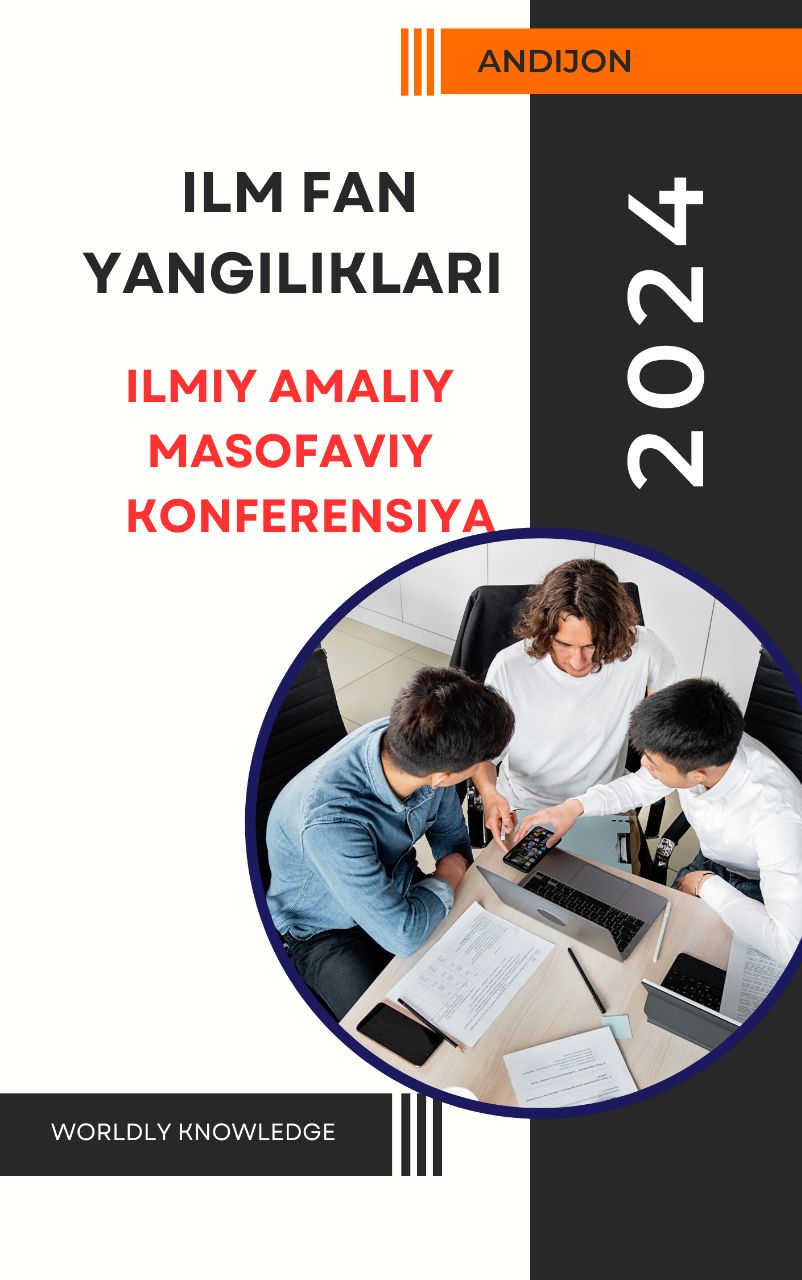THE ROLE OF COMPARATIVE LINGUISTICS IN MODERN PHILOLOGY
Keywords:
Comparative Linguistics, Modern Philology, Language Evolution, Shared Structures, Historical Development, Cultural Influence, Linguistic ComparisonAbstract
This article explores the vital role of comparative linguistics within modern philology, focusing on how the comparison of different languages provides insights into their historical development, shared structures, and cultural influences. It begins with an introduction that outlines the importance of understanding the relationships among languages and their evolution
References
1.Campbell, L. (2004). Historical Linguistics. Cambridge: MIT Press.
This book provides a comprehensive overview of the principles and methods used in historical linguistics, including comparative methods and language reconstruction.
2.Hock, H. H., & Joseph, B. D. (2009). Language History, Language Change, and Language Relationship: An Introduction to Historical and Comparative Linguistics. Berlin: Mouton de Gruyter.
This text discusses various aspects of historical linguistics and the techniques used to compare languages, offering insights into linguistic relationships.
Crystal, D. (2008). A Dictionary of Linguistics and Phonetics. Malden, MA: Blackwell Publishing.
A valuable reference for definitions and explanations of key terms in linguistics, including those related to comparative linguistics

